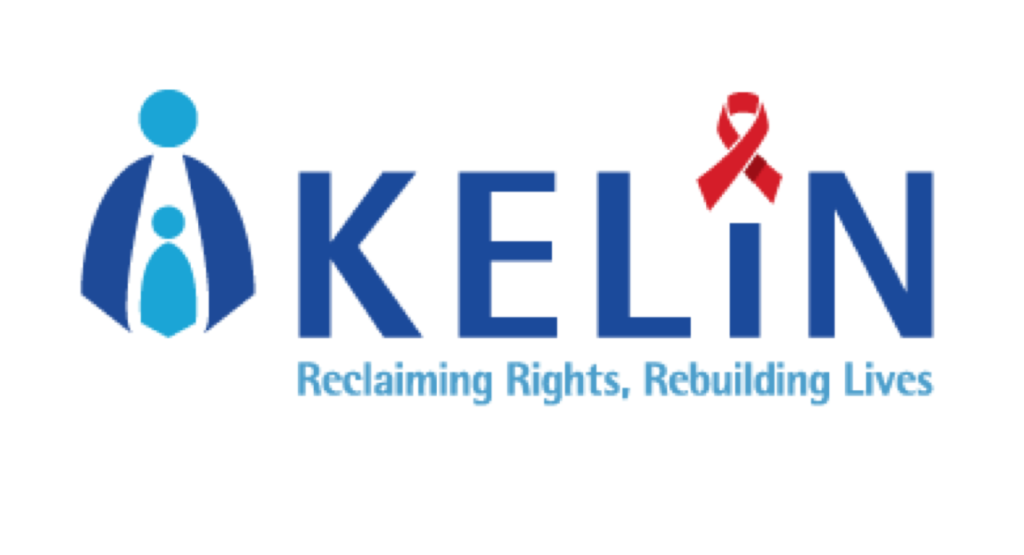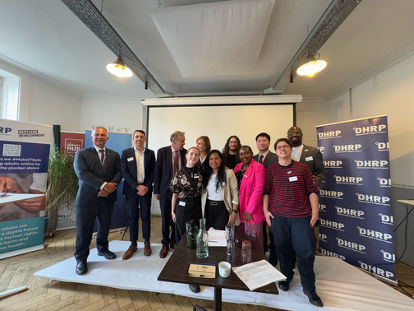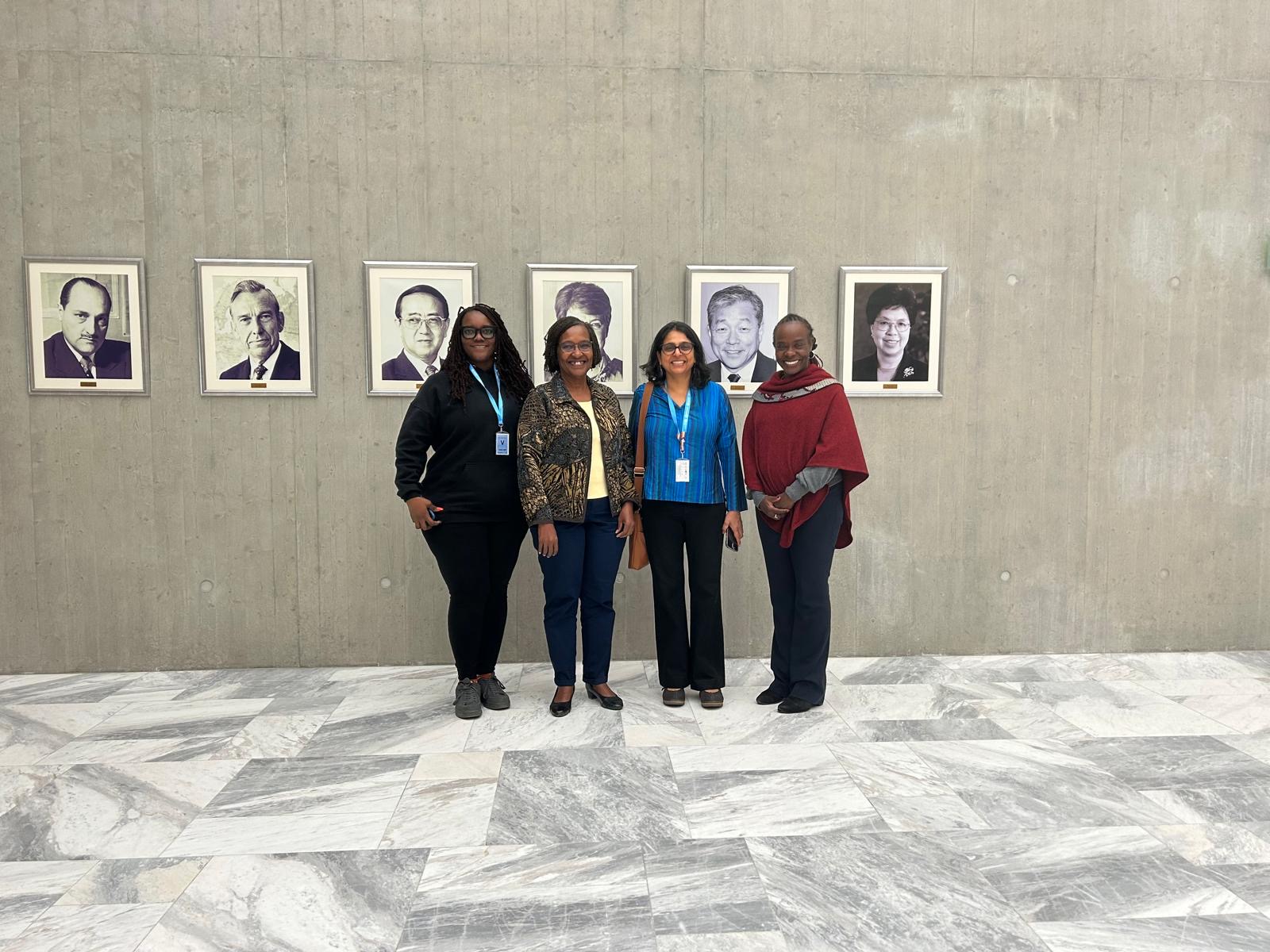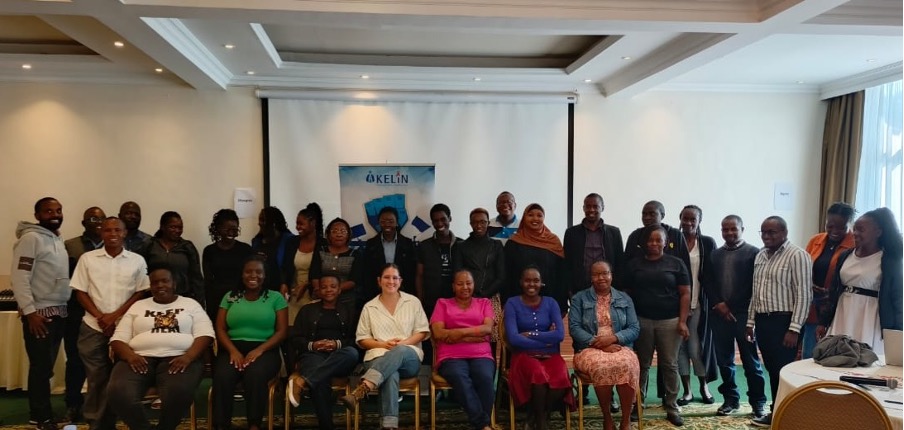Amid growing pressure on healthcare systems and the anticipated decline in international funding, ensuring access to essential medicines is more critical than ever to securing Senegal’s health sovereignty. On April 30, 2025, the Kenya Legal and Ethical Issues Network on HIV and AIDs (KELIN), in partnership with Enda Santé and with the support of ITPC Global, convened a high-level workshop in Dakar to present findings from a strategic study focusing on the Market Intelligence of priority healthcare products in Senegal. The study highlighted supply mechanisms, pricing, and volumes of treatments for HIV, tuberculosis, cervical cancer, as well as vaccines.
Meaningful Progress Amid Persistent Fragilities
Senegal has made notable strides in its HIV response. Today, antiretroviral therapy is available across all 152 treatment sites in the country, ensuring 93% therapeutic coverage among people living with HIV. This progress reflects strong coordination between national health programs, technical partners, and government-managed logistics systems.
Yet, this progress remains precarious. As highlighted by supply chain expert Dr. Karim Diop, the United States contributed 42.7% of HIV-related health funding in 2023, compared to 29.6% from the national budget. With the progressive withdrawal of U.S. support beginning in 2025, Senegal faces an estimated funding shortfall of 9 billion CFA francs (approximately 14 million euros) over the next two years—threatening treatment continuity and jeopardizing supply chain resilience.
Strategic Review and Forward-Looking Recommendations
The study, led by Professor Papa Gallo Sow and Dr. Aboubacry Dramé, offers a comprehensive assessment of the country’s pharmaceutical system. Despite efforts to anticipate needs and manage logistics, essential medicines remain out of reach for many due to supplier shortages, high costs, and forecasting gaps. The study also confirms Senegal’s extreme dependency on pharmaceutical imports, with 95% of medicines sourced from abroad, a major vulnerability in times of global supply disruptions.
To address these challenges, the study puts forward concrete recommendations:
- In the short term: streamline procurement processes; establish an emergency fund for life-saving medicines; enhance digital tools for supply chain monitoring; and strengthen the stock management capacity of regional health authorities.
- In the medium to long term: develop a national pharmaceutical sovereignty strategy; foster local drug production through public-private partnerships; incorporate essential treatments into Universal Health Coverage (CMU); and build stronger national capacity for strategic procurement and forecasting.
Removing Intellectual Property Barriers to Medicine Access
Intellectual property (IP) reform emerged as another critical area for improving medicine access. Othoman Mellouk of ITPC Global urged stakeholders to fully leverage the flexibility provided under the WTO’s TRIPS Agreement. Key proposals included temporarily excluding pharmaceuticals from patentability until 2033, reforming the Bangui Agreement within the OAPI framework, and creating a national patent office supported by an enabling legal and regulatory environment.
A Collective Commitment to Health Sovereignty
In his closing remarks, Mr. Mamadou Dieng, Technical Advisor to the Minister of Health- Senegal, underscored that true sovereignty in health cannot be achieved without national ownership of innovation, research, and equitable access to treatments. As Senegal transitions out of donor-dependence, it must galvanize coordinated action across government, civil society, Parliament, and international partners to ensure sustainable and inclusive access to essential medicines.
For more information, please contact:
Pesa Okania | Programme Officer – HIV, TB and KAP
Kuwinda Lane, off Langata Road, Karen C
P O Box 112 – 00202 KNH Nairobi
Tel: 020- 2515790
E-mail: okaniapesa@kelinkenya.org
Website: www.kelinkenya.org



